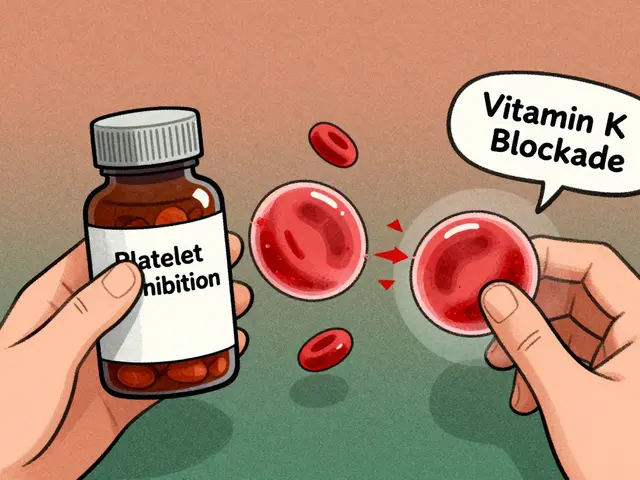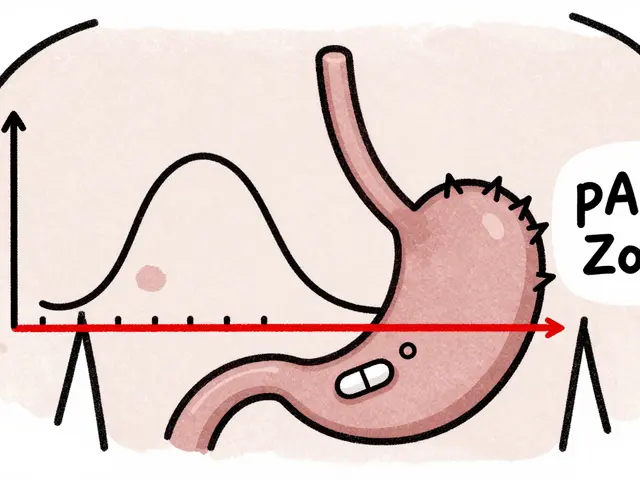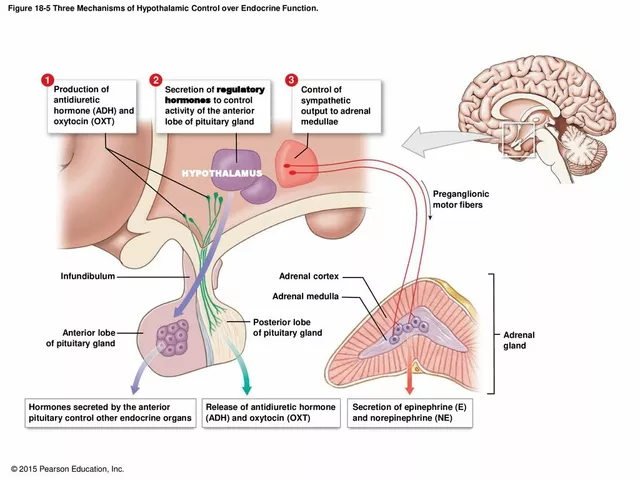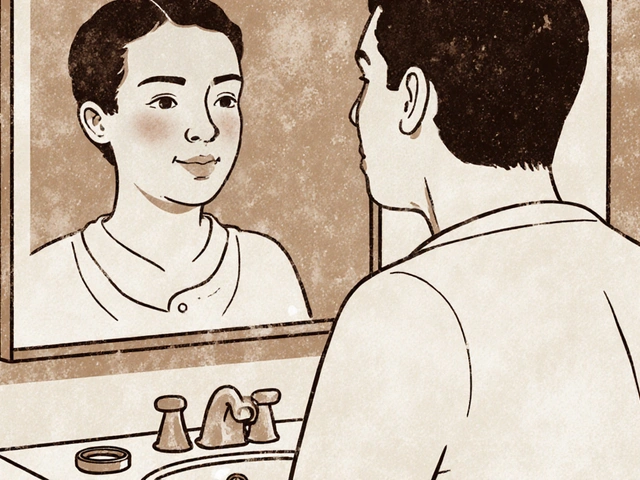Migraines – What They Are and How to Find Relief
Ever felt a pounding headache that won’t quit no matter how many cups of coffee you drink? That’s probably a migraine. It isn’t just a bad headache; it can bring nausea, light sensitivity, and a feeling like the room is spinning.
Migraines affect millions, but most people don’t know what sparks them or how to stop the pain fast. Below we break down the basics, share everyday tricks that actually work, and tell you when it’s time to look at medication options.
Common Triggers & Prevention Tips
The first step is spotting what sets off your attacks. Common culprits include:
- Skipping meals or eating irregularly
- Caffeine spikes – too much or a sudden drop
- Loud lights, strong smells, or screen glare
- Stress and lack of sleep
- Hormonal changes, especially for women
If you keep a simple diary—note what you ate, how much you slept, and your stress level—you’ll start seeing patterns. Once you know the triggers, try to avoid them or at least limit exposure.
Practical prevention moves:
- Drink water regularly; dehydration is a sneaky trigger.
- Stick to regular meals with protein and fiber.
- Set a consistent bedtime and wake‑up time—even on weekends.
- Take short breaks from screens, use dim lighting, and wear sunglasses outdoors.
- Practice quick stress‑relief methods like deep breathing or a 5‑minute walk.
These habits don’t cure migraines, but they cut down how often they strike. Small changes add up fast.
When to Seek Medication Help
If lifestyle tweaks aren’t enough and the pain keeps ruining your day, it’s time to talk about medicines. Over‑the‑counter options like ibuprofen or naproxen work for mild attacks, but they may not stop a full‑blown migraine.
Prescription choices range from triptans (e.g., sumatriptan) that narrow blood vessels in the brain to newer CGRP inhibitors that block migraine‑causing proteins. Your doctor will decide based on attack frequency, other health issues, and how you react to OTC drugs.
When you get a prescription, follow these tips:
- Take the medicine at the first sign of an aura or throbbing pain—not after it’s peaked.
- Keep a spare dose for later in the day if the headache returns.
- Watch for side effects like tight chest, dizziness, or stomach upset and report them promptly.
HeyDoctor.com has detailed guides on many migraine‑related meds—just check our tag page for easy-to‑read articles on each drug’s benefits, dosage, and safety tips.
Bottom line: Know your triggers, build steady habits, and don’t wait to ask a professional about medication if migraines keep holding you back. With the right mix of lifestyle fixes and informed drug choices, you can take control and enjoy days without that crushing headache.
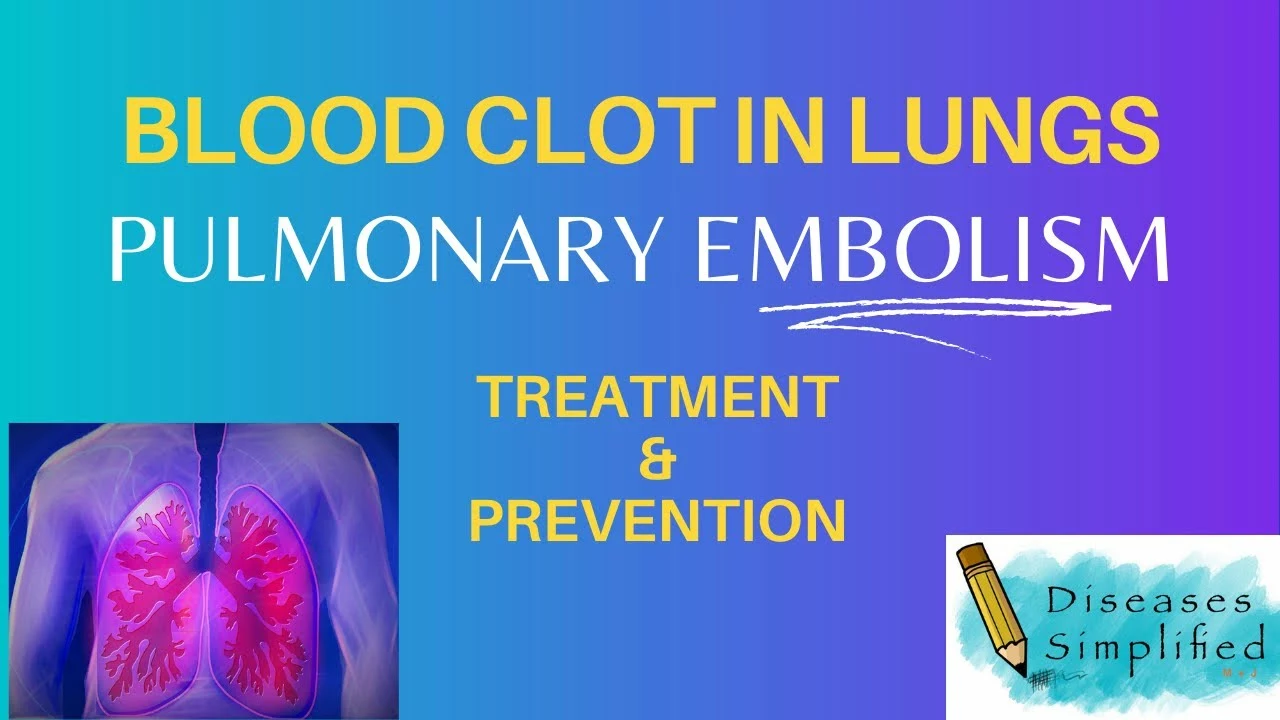
- Apr 30, 2023
- Posted by Cillian Osterfield
Blood Clots and Migraines: What You Need to Know
As someone who experiences migraines, I recently learned about the potential link between blood clots and migraines. It turns out that people with migraines, especially those with aura, have a higher risk of developing blood clots. These blood clots can lead to serious health issues such as stroke or heart attack. To minimize the risk, it's important for us migraine sufferers to maintain a healthy lifestyle and consult with our doctors regularly. I'll definitely be keeping a closer eye on this issue and sharing any new information I come across.
Categories
- Health and Wellness (71)
- Medications (68)
- Health and Medicine (28)
- Pharmacy Services (12)
- Mental Health (9)
- Health and Career (2)
- Medical Research (2)
- Business and Finance (2)
- Health Information (2)
Latest Posts
©2026 heydoctor.su. All rights reserved

